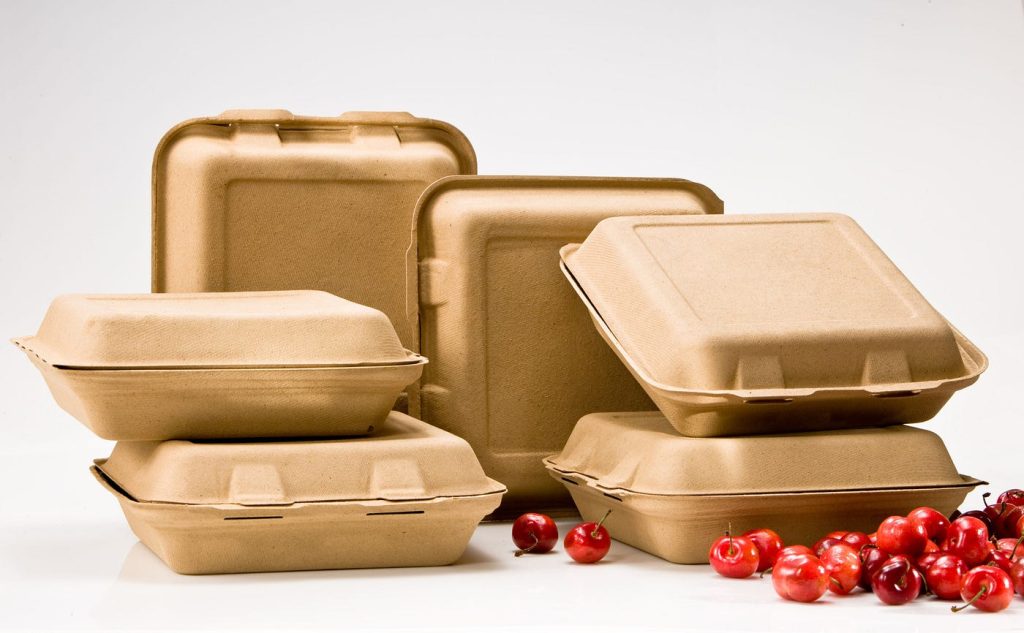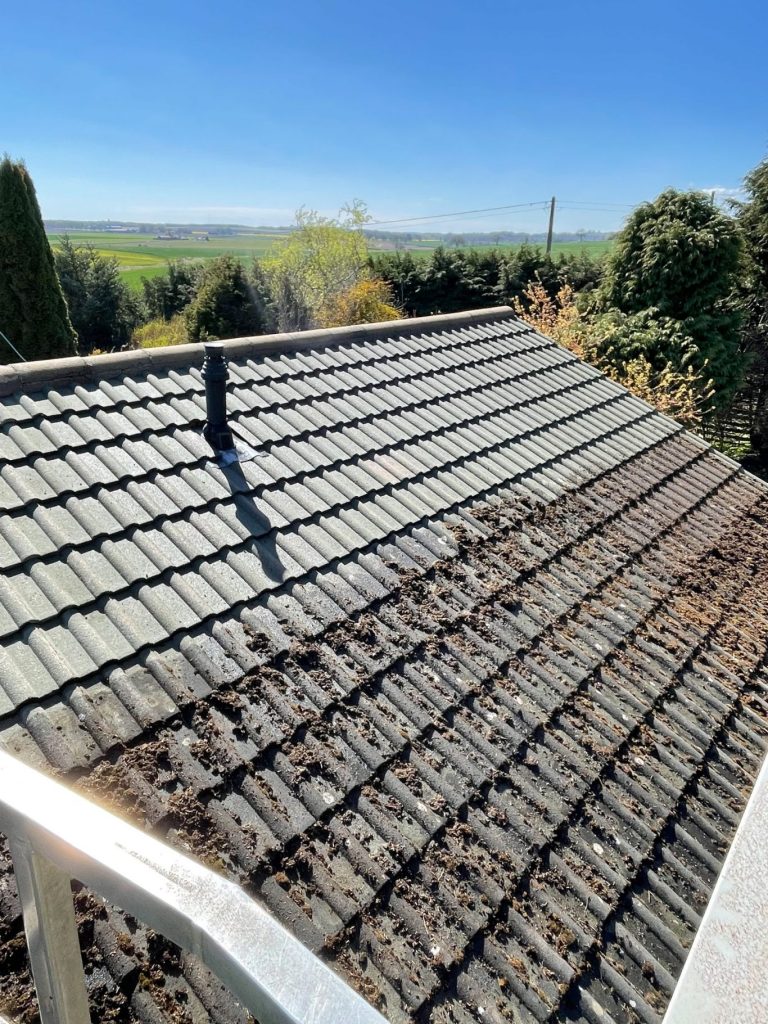Sustainable Solutions – How Biodegradable Food Containers Preserve the Environment
In an era where environmental sustainability is paramount, the adoption of biodegradable food containers represents a significant stride towards mitigating the impact of traditional packaging on our planet. These containers, often made from renewable resources such as plant fibers, corn starch, or even sugarcane, offer a compelling alternative to conventional plastics. One of the most pressing issues addressed by biodegradable containers is their ability to decompose naturally, unlike their synthetic counterparts which can persist in landfills for hundreds of years. This decomposition process occurs through the action of microorganisms in the environment, breaking down the materials into simpler components without leaving behind harmful residues. This not only reduces the burden on landfill space but also minimizes the release of toxic chemicals into soil and water systems, preserving ecosystem health. Furthermore, the production of biodegradable containers typically involves fewer fossil fuels compared to traditional plastics, thus lowering carbon emissions and contributing to mitigating climate change. The raw materials used in their manufacture often come from renewable sources that can be replenished over time, supporting a more sustainable resource cycle.
From a consumer standpoint, biodegradable food containers are gaining popularity due to their versatility and eco-friendly appeal. They are suitable for a wide range of food products, including both hot and cold items, and are available in various shapes and sizes to accommodate different serving needs. Moreover, advancements in technology have led to improvements in the strength and durability of these containers, making them a viable option for food businesses looking to reduce their environmental footprint without compromising on quality. In addition to their environmental benefits, biodegradable containers also contribute to the circular economy by encouraging recycling and composting practices. Many biodegradable materials are compostable, meaning they can be broken down into nutrient-rich compost that enriches soil and supports plant growth. This closed-loop system reduces waste and provides a sustainable alternative to conventional waste disposal methods. However, challenges remain in the widespread adoption of biodegradable food containers. One significant issue is the need for proper waste management infrastructure to ensure that these containers are disposed of correctly.
 While biodegradable materials break down naturally, they still require specific conditions to decompose efficiently, such as adequate moisture and microbial activity found in industrial composting facilities or home composting systems. Moreover, there is a need for continued innovation and research to enhance the performance and cost-effectiveness of biodegradable materials compared to traditional plastics. While strides have been made, particularly in improving durability and shelf-life, ongoing efforts are crucial to address concerns such as heat resistance and barrier properties for certain types of foods. Biodegradable food containers offer a promising solution to reducing environmental impact in the food packaging industry. Their ability to decompose naturally, lower carbon footprint, and support recycling and composting initiatives make them a preferred choice for environmentally conscious consumers and businesses alike. As technology advances and awareness grows, the role of biodegradable containers in preserving our planet’s health is expected to expand, paving the way for a more sustainable future. Biodegradable containers stand out as a practical and impactful solution in preserving the environment for future generations.
While biodegradable materials break down naturally, they still require specific conditions to decompose efficiently, such as adequate moisture and microbial activity found in industrial composting facilities or home composting systems. Moreover, there is a need for continued innovation and research to enhance the performance and cost-effectiveness of biodegradable materials compared to traditional plastics. While strides have been made, particularly in improving durability and shelf-life, ongoing efforts are crucial to address concerns such as heat resistance and barrier properties for certain types of foods. Biodegradable food containers offer a promising solution to reducing environmental impact in the food packaging industry. Their ability to decompose naturally, lower carbon footprint, and support recycling and composting initiatives make them a preferred choice for environmentally conscious consumers and businesses alike. As technology advances and awareness grows, the role of biodegradable containers in preserving our planet’s health is expected to expand, paving the way for a more sustainable future. Biodegradable containers stand out as a practical and impactful solution in preserving the environment for future generations.












 Water conservation measures, such as using low-pressure washing systems and collecting and recycling water, further contribute to environmentally responsible facade maintenance practices. Safety should always be a top priority during commercial cladding cleaning activities. Working at heights, often involved in facade renewal, requires adherence to strict safety protocols. Utilizing appropriate personal protective equipment PPE and ensuring the implementation of fall protection measures are essential for safeguarding the well-being of workers and minimizing the risk of accidents. In conclusion, commercial cladding cleaning is a vital component of facade renewal, contributing to the overall health and appearance of commercial buildings. By understanding the specific requirements of the cladding material, employing the right cleaning methods, adhering to regular maintenance schedules, prioritizing environmental considerations, and ensuring safety protocols are in place, property owners and managers can effectively enhance and prolong the life of their building facades. This ultimate guide serves as a roadmap for those seeking to navigate the complexities of commercial cladding cleaning with confidence and success.
Water conservation measures, such as using low-pressure washing systems and collecting and recycling water, further contribute to environmentally responsible facade maintenance practices. Safety should always be a top priority during commercial cladding cleaning activities. Working at heights, often involved in facade renewal, requires adherence to strict safety protocols. Utilizing appropriate personal protective equipment PPE and ensuring the implementation of fall protection measures are essential for safeguarding the well-being of workers and minimizing the risk of accidents. In conclusion, commercial cladding cleaning is a vital component of facade renewal, contributing to the overall health and appearance of commercial buildings. By understanding the specific requirements of the cladding material, employing the right cleaning methods, adhering to regular maintenance schedules, prioritizing environmental considerations, and ensuring safety protocols are in place, property owners and managers can effectively enhance and prolong the life of their building facades. This ultimate guide serves as a roadmap for those seeking to navigate the complexities of commercial cladding cleaning with confidence and success.